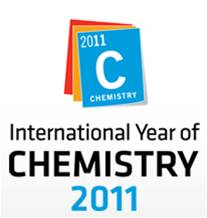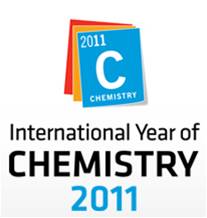For the International Year of Chemistry in 2011, the Scottish Local Sections of the Royal Society of Chemistry are organising a special activity in Scotland. We want you to put your school on the map by researching your local area for people, places, discoveries, inventions related to chemistry.
The contacts for further information in each of the RSC Local Sections are as follows:
Edinburgh and South East Scotland – Dr Elizabeth Stevenson (E.Stevenson@ed.ac.uk)
Tayside and Fife- Dr. Richard Baker (Richard Baker <rtb5@st-andrews.ac.uk>)
Aberdeen and North Scotland – Dr Richard Wells (r.wells@abdn.ac.uk)
Mid-Scotland – Terry Howe (tvhowe@lineone.net)
Glasgow and West of Scotland – Dr. Justin Hargreaves <Justin.Hargreaves@glasgow.ac.uk




